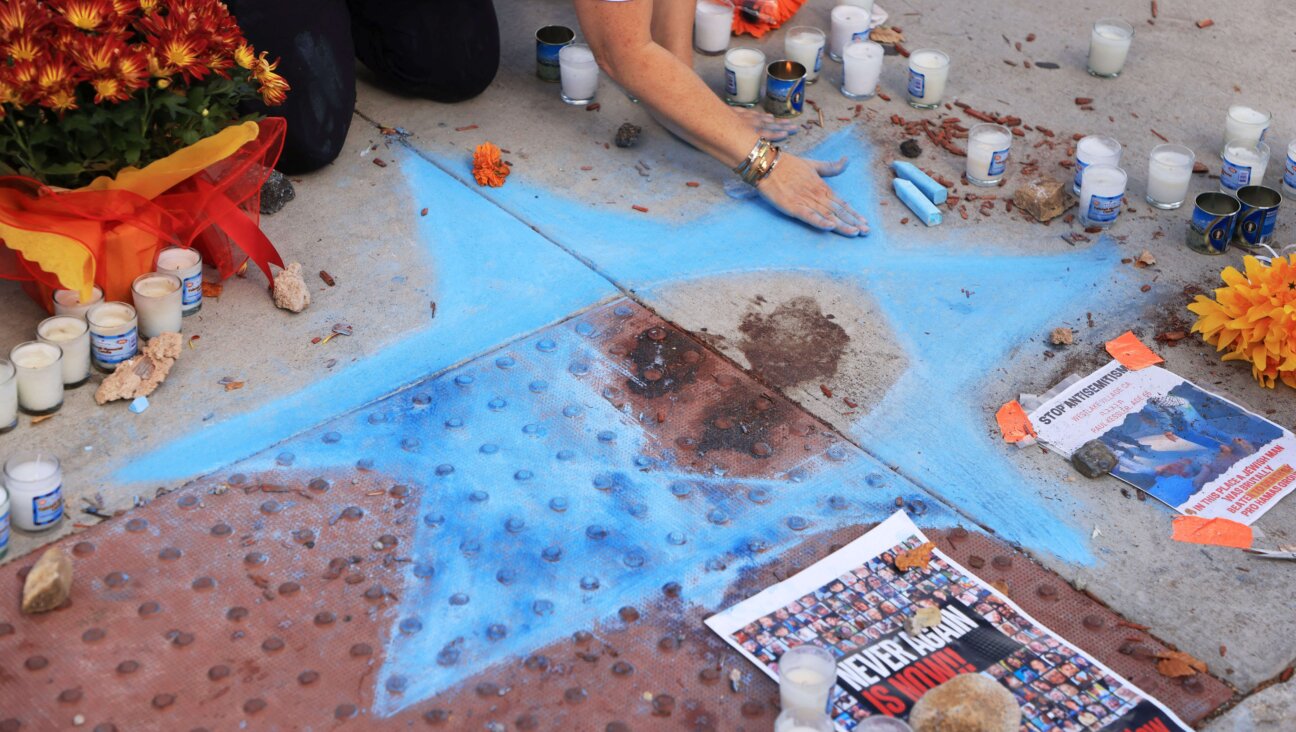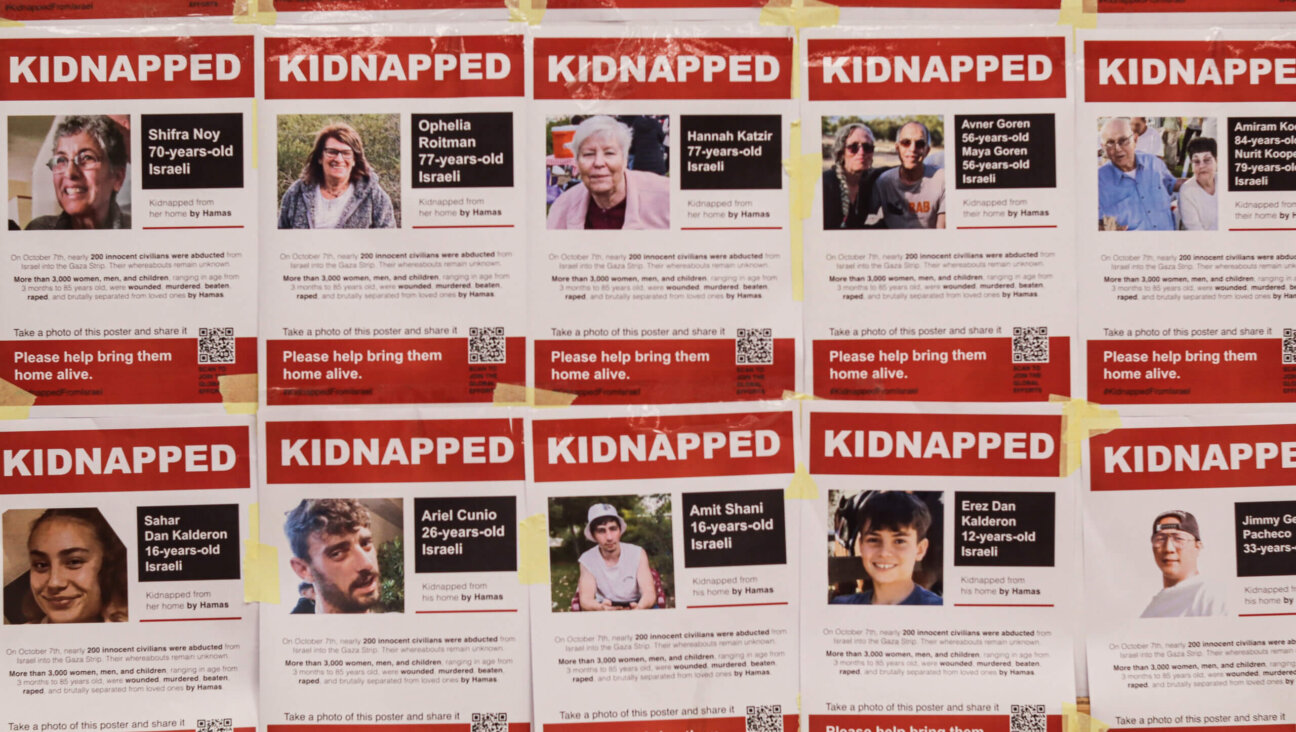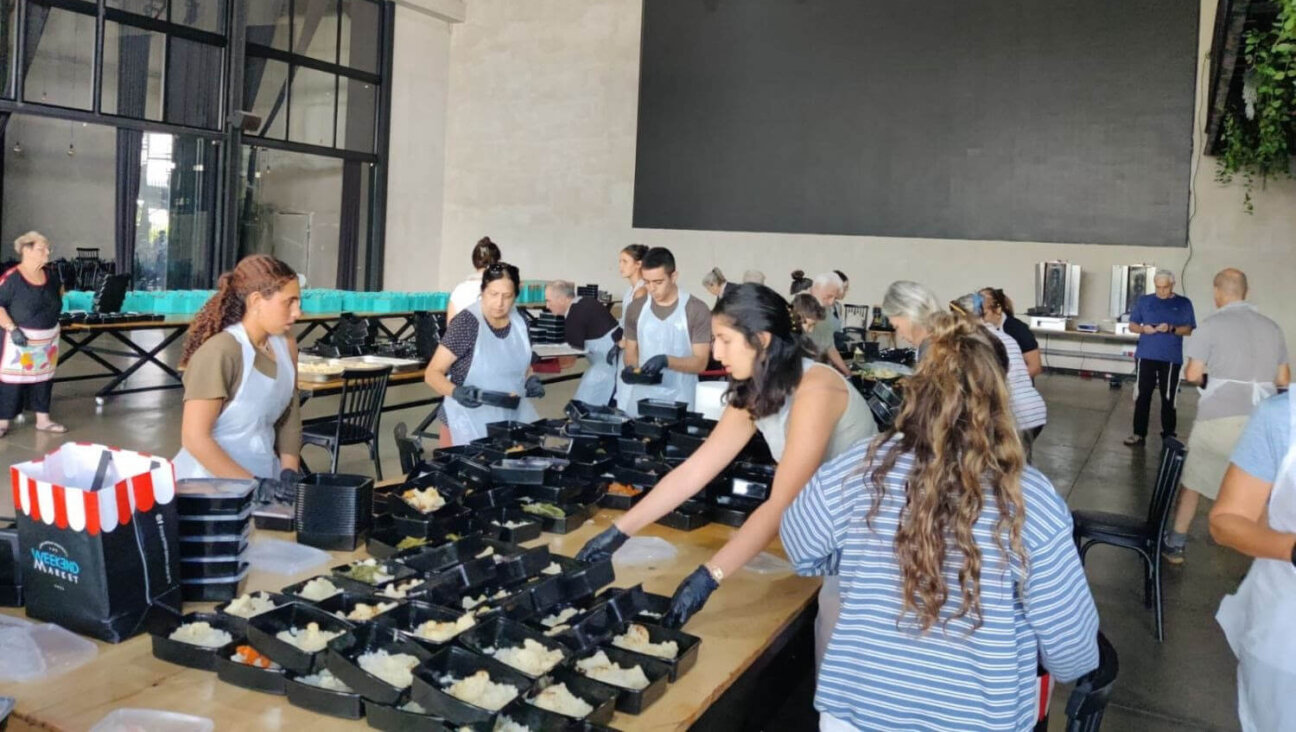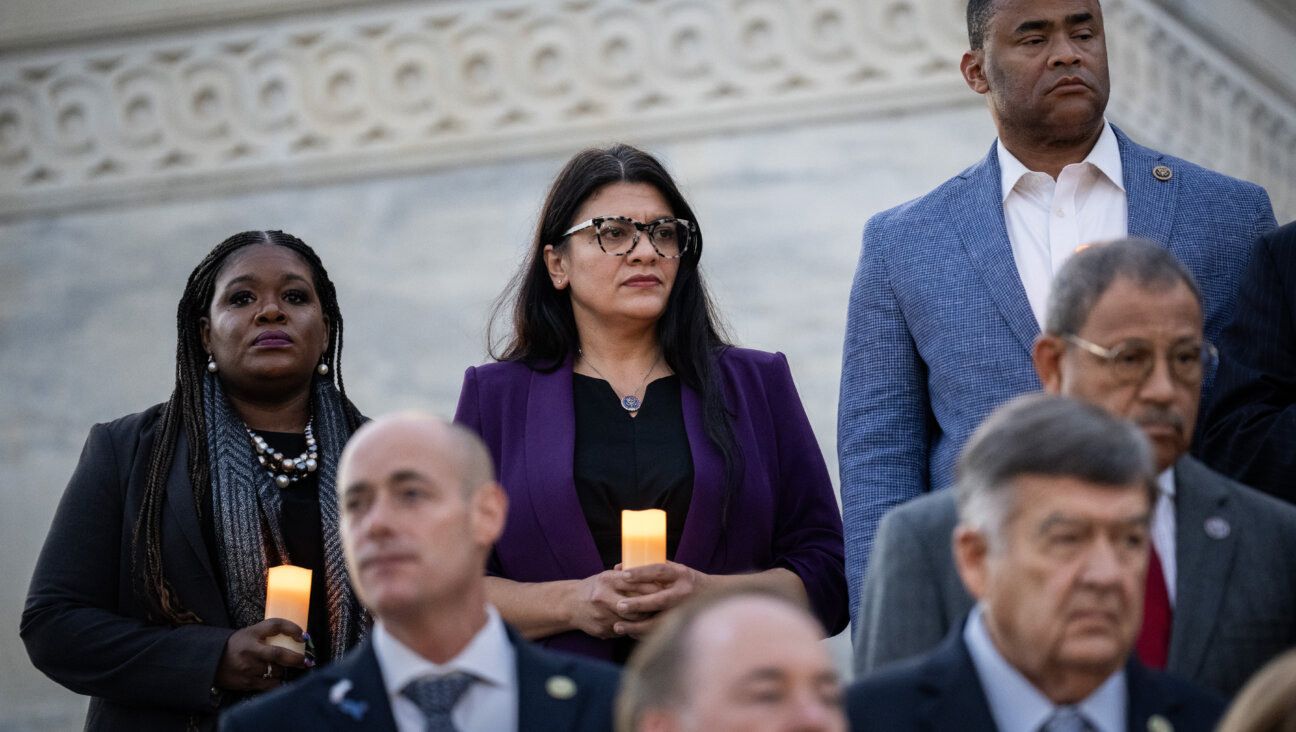I Was An IDF Soldier During The First Intifada. It Changed Me Forever

Image by Getty Images
This Saturday marks an important anniversary in Israeli history: 30 years since the First Intifada.
For years leading up to the Intifada, which literally means dustup or uprising in Arabic, Israel had maintained Gaza as a pool of cheap labor. Tension had been building since 1985, when Defense Minister Yitzhak Rabin’s “iron fist” policy resulted in the deportation of Palestinian nationalists. Things came to a head on December 9th, 1987, when an IDF vehicle collided with a truck in the Jabaliya refugee camp in Gaza city, killing four Gazans. Sustained popular protests spread quickly across Gaza and the West Bank, featuring rock throwing and molotov cocktails.
At that time, I was serving in the Israeli Defense Forces. I was between basic training and an infantry squad commander’s course, living on a young kibbutz north of Eilat as a “lone soldier” without family in the country.
To me and to my fellow soldiers, it seemed clear that the widespread popular protests had caught our political and military leaderships napping, without clear contingency plans. Yet some in the arts had seen it coming. Hillel Mittelpunkt, Ehud Banai, and Yossi Mar Haim’s rock opera Mami sounded an alarm in 1986. In early 1987, Banai released his first album which became something of a soundtrack for many of us. It included the song “Stir the Concrete”, which related the experience of day laborers from Gaza among whom Banai had worked on a building site in Tel Aviv.
At the time, I identified as a Labor Zionist. Though I had my reservations about nationalism, I saw Israel as necessary at this specific historical juncture. I envisioned a process through which we would evolve into a bi-national state that would provide security for Jews and foster Jewish cultural development without privileging us over Palestinian Arabs.
The eruption of the Intifada and my participation in its suppression shook my foundational beliefs.
As my course took place in the south, we were often called up to bolster forces in Gaza. One memory in particular captures the period. My unit had been dispatched to commandeer the roof of a multi-story building as a look-out post, a common strategy deployed by the IDF. I remember singing the opening line of Banai’s song about Gazan laborers to myself as we reached the building: “Five in the morning in Gaza, still cold, I am tired.”
We banged on the door at dawn. In full battle dress, we pushed our way in and gathered the residents into a room to check their papers. After searching the building for weapons, we went up to the roof, barricaded the door, and positioned ourselves to surveil the intersection.
We had a gas burner to make tea and coffee, and we had battle rations. A corner was designated as the latrine. From this perch, we awaited “action”.
Action came towards mid-day. Within minutes, the intersection below filled up with young men and boys in tight, grimy t-shirts chanting in Arabic, their faces masked with kaffiyehs. A burning tire billowing black noxious smoke rolled out. We radioed for support.
I was anxious, though not scared. Troops would arrive within minutes, and there was no evidence that the protestors were armed, except with stones.
As we observed, a fellow soldier began to curse the demonstrators, calling them savages and beasts. I turned to him and asked him what he would do if fully armed Arab soldiers showed up at his building at dawn, demanded papers, searched private spaces and possessions, and barricaded themselves on his roof, which they then used as an open latrine.
His face morphed from disgust into rage and he sputtered about how he would blow them up, sneering at the people whose home we had commandeered for being “wimps”.
“So, they are savages for being violent, but wimps for not being violent enough?” I asked, confused.
This provoked a stream of curses in my direction. He suggested I go downstairs and join my friends if I wanted to betray my own people. Two others in our unit intervened immediately, telling us both, “Enough with the politics!”
As we watched our comrades break up the demonstration below, another line of Banai’s song came into my head: “Who will build? Who will build a bayit? If we don’t build?”
The word bayit means house but also home. Were Banai’s construction co-workers from the song down there in t-shirts and kaffiyehs, lobbing stones and chunks of cinder-block at my friends? Were they simply tired of running security gauntlets for a chance to build other people’s homes, and another nation’s homeland, for subsistence wages?
We were teenagers on a roof and they were teenagers down below. But I was not only protecting the solution to generations of Jewish vulnerability and suffering. I was also the ‘muscle’ of the ‘bosses’, called in to quiet an uprising of frustrated ‘workers’.
Recognition of the intertwined national and economic conflicts split my allegiances. Suddenly, Labor Zionism no longer seemed such a harmonious hybrid.
Hours later and back our base, I was sitting in the mess tent when someone tossed in two stacks of the evening newspaper. We gathered around and saw the top half of the front page dominated by the image of our rumpled Defense Minister, Yitzhak Rabin, just off a flight from Washington. The headline declared, “We Will Break Their Bones”.
Really? Breaking their bones would secure the future of the Jewish people? “Great,” I heard myself say. “How will they build our houses with broken arms?”
In my mind’s eye, history flowed – quickly — from there.
Today, Palestinian national and economic grievances continue to fester. The tension between my commitments to equality and to the project of building and securing Jewish life in the Land of Israel is greater than ever. Even as I raise my family in Jerusalem, in many ways, I am still standing on that roof in Gaza thirty years ago.
Ori Weisberg is a writer, translator, and editor in Jerusalem. He holds a PhD in English from the University of Michigan and has lectured at American and Israeli Universities.
A message from our Publisher & CEO Rachel Fishman Feddersen

I hope you appreciated this article. Before you go, I’d like to ask you to please support the Forward’s award-winning, nonprofit journalism so that we can be prepared for whatever news 2025 brings.
At a time when other newsrooms are closing or cutting back, the Forward has removed its paywall and invested additional resources to report on the ground from Israel and around the U.S. on the impact of the war, rising antisemitism and polarized discourse.
Readers like you make it all possible. Support our work by becoming a Forward Member and connect with our journalism and your community.
— Rachel Fishman Feddersen, Publisher and CEO





























